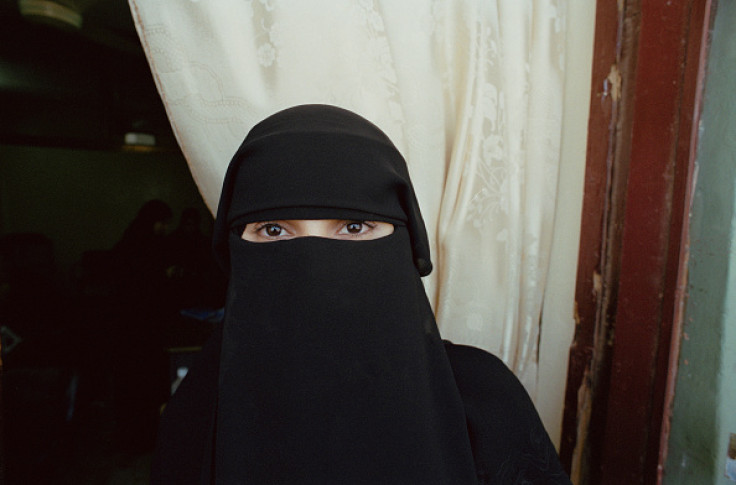Bulgaria: Muslim women banned from wearing full-face veils in Pazardzhik

The town council of a southern Bulgarian town, Pazardzhik has banned women from wearing full face veils. The council said that move is aimed at preventing tensions from flaring up in the communities and boosting security.
The ban, which is the first of its kind in the Balkan country, was backed by 39 out of 40 councillors. It will come into force in all administrative institutions, schools, shops and on the streets.
"I am tired to hear that Pazardzhik is the town of the burqas. We want to say aloud that we are not that, but a town of responsible people and we will be associated with other achievements," Mayor Todor Popov told state radio.
The council added that a veil hampered identification, hence, a fine of 300 leva (£118) would be levied on those who wear full-face veils and it could go up to 1,000 leva for repeat offenders, said the council's chairman Harry Haralampiev. "Six or seven years ago no one wore this kind of clothing. We can't isolate ourselves from the dangers that highly organized states are already facing. It excludes the city's Roma quarter allowing people to cover their faces during religious rituals." He added, according to Bloomberg.
The Roma Muslim minority in Pazardzhik follows a fundamental form of Islam known as Wahabbism, which originated in Saudi Arabia. Muslim women in Bulgaria normally wear a headscarf, but recently a rise in the number of women wearing the niqab or full-face veils was witnessed.
In February, 13 men – mostly from the Roma community – went on trial on charges of helping people join the Islamic State (Isis) in Syria, propagating an extremist ideology and inciting war.
In early April, the Nationalist Patriotic Front coalition, put forward a proposal to ban face veils across the country, saying that this was not typical for Bulgarian Muslims, Reuters reported. In recent years, France and Belgium have banned women from wearing the niqab in public places.
© Copyright IBTimes 2024. All rights reserved.





